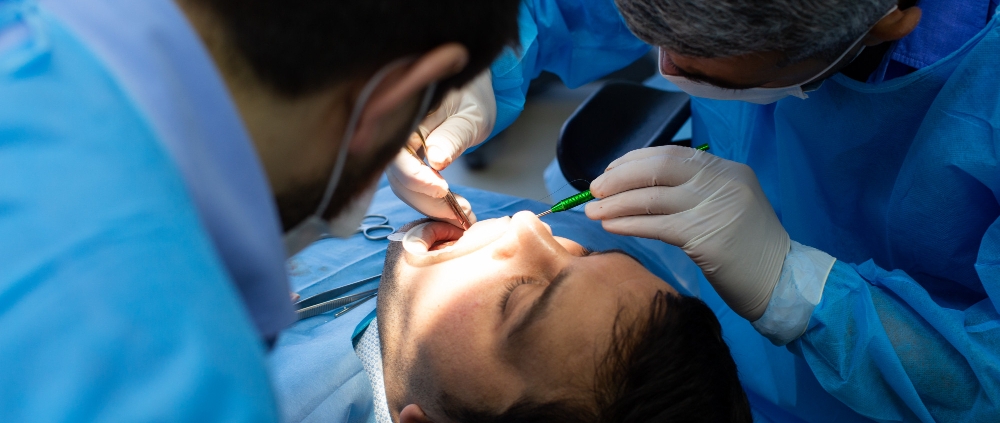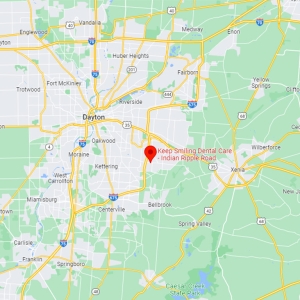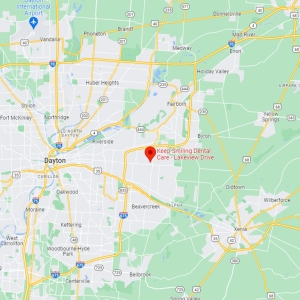What You Must Do Before and After a Tooth Extraction
Has yourdentist in Beavercreek, OH told you that you need to have a tooth extracted? The sooner you get it taken care of, the better off you’ll be. Don’t put this off. If there’s more information you need, keep reading. We are going to go over what you must do before and after a tooth extraction.
What to Do Before a Tooth Extraction
Give your dentist a list of all prescription and over-the-counter medications you take. Then go over your medical history with them.
What to Do After a Tooth Extraction
Your dentist might prescribe pain relievers to you or recommend over-the-counter options you can take. Keep the gauze that’s over the affected area in your mouth until the bleeding stops. If it doesn’t, contact your dentist immediately.
What to Do to Help the Extraction Site Heal
Keep your tongue away from the extraction location. Don’t drink from a straw for the first 24 hours. If the blood clot over the area is disturbed, you could develop an extremely painful condition called dry socket. Rinse your mouth with a saltwater rinse (1/2 teaspoon of salt in one cup of warm water).
After Extraction, Eating and Drinking Instructions
Chew on the opposite side of your mouth from where you had the tooth extracted. Only eat soft foods until the wound heals. This could take up to a week.
How to Care for Your Mouth after a Tooth Extraction
The first day after yourtooth extraction in Beavercreek, OH, rinse your mouth out with a saltwater rinse but don’t spit it out. Let it gently flow naturally out of your mouth. You don’t want to disturb the extraction site clot.
The second day, gently brush and floss your other teeth but avoid the area near the open socket for a minimum of three days. You can start rinsing and spitting normally after the third day.
Looking for a Dentist in Beavercreek, OH?
Severe tooth pain is a good indication of a problem. If you need to have a tooth extraction, pleaseContact Keep Smiling Dental today. Putting off the treatment you need will only make the problem worse and more expensive to correct.








Leave a Reply
Want to join the discussion?Feel free to contribute!